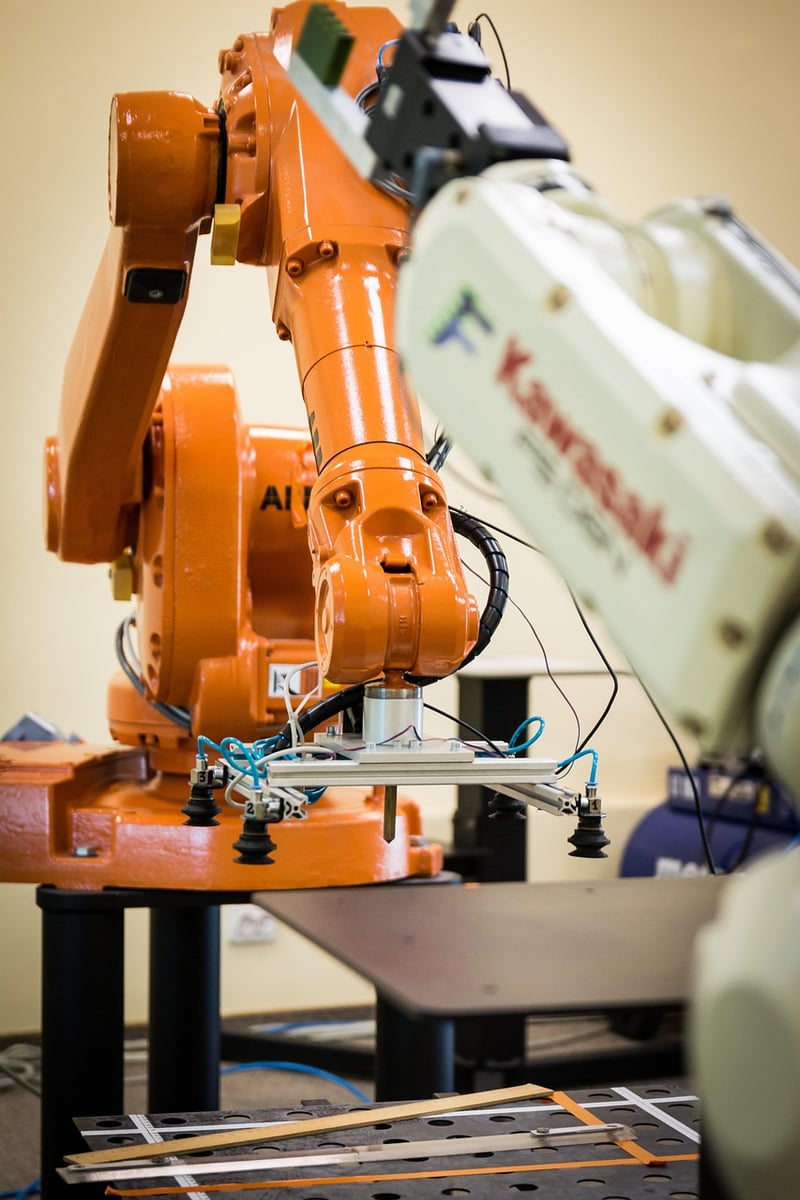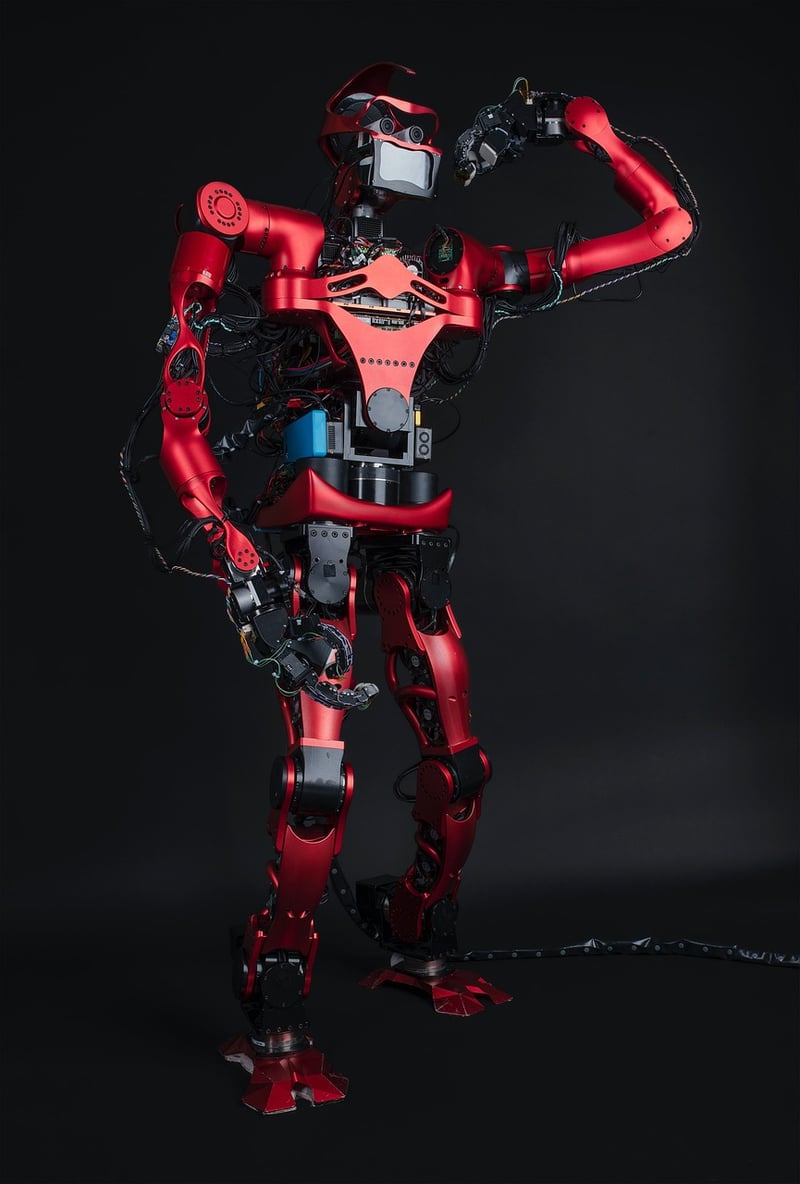Robotics Advancements
The Evolution of Robotics: A Look into Technological Progress
Robots have come a long way since their inception, with technological advancements continually pushing the boundaries of what these machines can achieve. From industrial robots revolutionizing manufacturing processes to humanoid robots showcasing human-like capabilities, the field of robotics is evolving at a rapid pace.
The Rise of Robotics
Robots were once confined to controlled environments like factories, performing repetitive tasks with precision and efficiency. However, with advancements in artificial intelligence and machine learning, modern robots have become more versatile, adaptive, and autonomous.
Technological Innovations in Robotics
Recent breakthroughs in robotics have led to the development of collaborative robots, also known as cobots, which can work alongside humans safely. These cobots are equipped with sensors and AI algorithms that enable them to understand and respond to their environment, making them ideal for tasks that require human-robot interaction.
Key Advancements in Robotics:
- AI-Powered Robots
- Robots with Computer Vision
- Robotic Exoskeletons
- Autonomous Drones
Future Implications
The integration of robotics into various industries such as healthcare, agriculture, and logistics is set to revolutionize processes and increase efficiency. Robots are poised to take on roles that are dangerous, monotonous, or physically strenuous for humans, ultimately enhancing productivity and safety in the workplace.
The Human-Robot Collaboration
As robots become more sophisticated and capable, the concept of human-robot collaboration is gaining traction. Rather than replacing humans, robots are seen as partners that can complement human skills and improve overall performance.
With the ongoing advancements in robotics technology, we are witnessing a transformation in how tasks are accomplished and how industries operate. The future holds exciting possibilities as robots continue to evolve and integrate into our daily lives.

Explore more on robotics advancements at Robotics Online.
